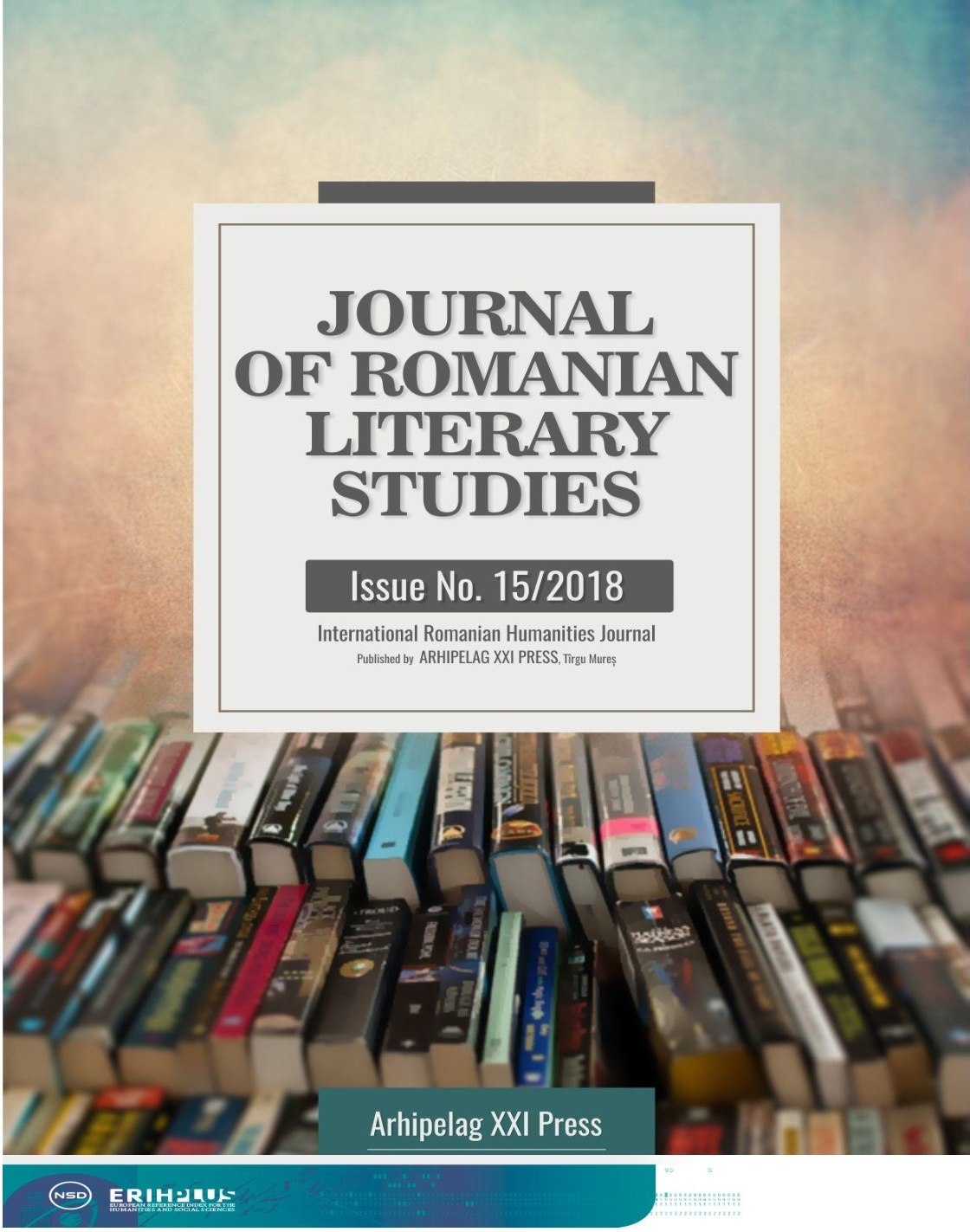INTEGRATED CURRICULUM. INTEGRATED TEACHING
INTEGRATED CURRICULUM. INTEGRATED TEACHING
Author(s): Elena-Lucia MaraSubject(s): Educational Psychology, Sociology of Culture, Sociology of Education
Published by: Editura Arhipelag XXI
Keywords: curriculum; integration; methodology; models; teaching;
Summary/Abstract: The curriculum should be developed in accordance with the educational ideal, reflect the socio-cultural values of a society. It must respect students' age peculiarities as well as the principles of learning psychology, help students to discover and use their available resources, develop their divergent, critical and creative thinking. From a curricular point of view, integration means organizing and linking school subjects in order to avoid their traditional isolation. Integrating means to connect, coordinate and combine separate parts into a unitary and harmonious whole. The notion of integrated curriculum is not new. Since the early 18th century, J.J. Rousseau anticipates the modern meaning of the concept, claiming the necessity of a curriculum built on the needs and interests of the child and from natural experiences specific to everyday life. Curricular integration is especially beneficial for primary classes and is due both to the learning characteristics of children and to the way in which teaching is organized. Starting with the gymnasium cycle, the teaching is done by specialized teachers on certain disciplines, the integration based on the content becomes so difficult to achieve. Curriculum construction involves initial theoretical conception, namely design, design, planning, but also implementation, evaluation, recovery, valorisation. The attributes of a curriculum are: orderly, systematic, ample, staggered, flexible, replicable, reconfigurable. In the curriculum methodology, four models of the curriculum's anticipative-theoretical conception have been outlined, which also influence the practical aspects: the rational model, the express-finalist model, the processual model, the situational model.
Journal: Journal of Romanian Literary Studies
- Issue Year: 2018
- Issue No: 15
- Page Range: 55-61
- Page Count: 7
- Language: Romanian

